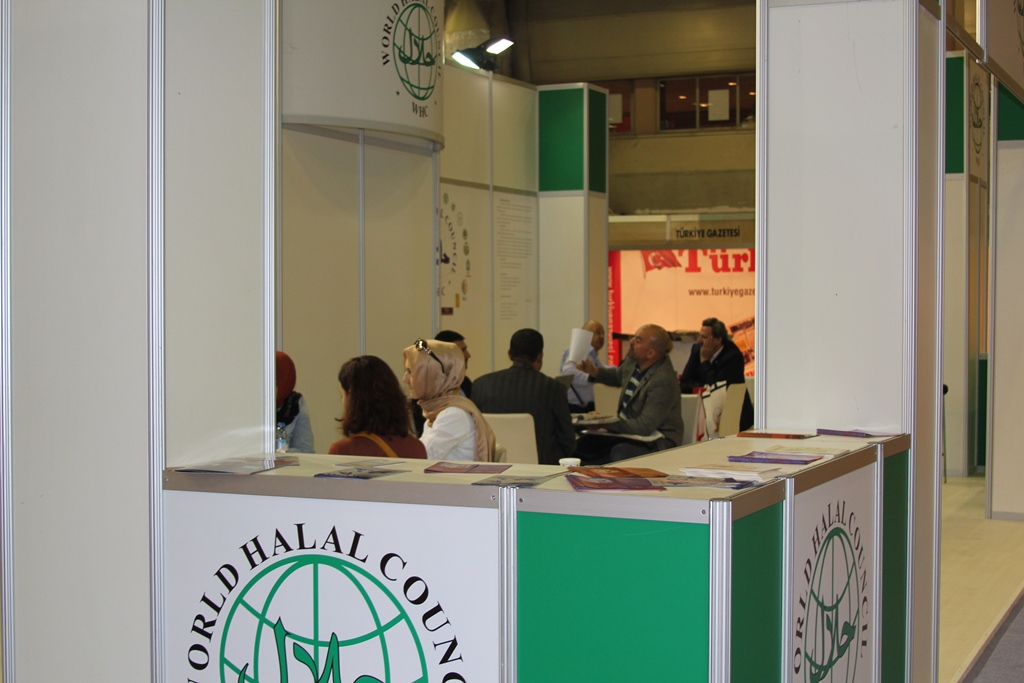Members of the World Halal Council (WHC) convened to discuss the state of the halal industry, at its Annual General Meeting held in Cape Town on Saturday. The event was a precursor to the World Halal Summit, to be held at the annual Malaysia International Halal Showcase (MIHAS) in Kuala Lumpur next year.
Addressing delegates on Saturday, the council stressed that halal certification goes beyond the “certificate dependant” and thriving on the way it operates. Roleplayers in the halal industry attempted to redefine the halal ecosystem.
While it was significant to focus on halal certification on a step by step process to preserve the integrity of halal, the process also required society, particularly Muslims, to accept halal.
“When we think of halal certification, its not just about a certificate, but ensuring the integrity of halal from A to Z,” said Muslim Judicial Council Halal Trust (MJCHT) director Sheikh Achmat Sedick.
Halal certification revolves around preparing and preserving food the Islamic way in a way that it is halal compliant. This includes not only the preservation and preparation of food without extracts of pork or alcohol but preparation of food the Islamic way.
“You do not need chemicals. You need nature to create the food because Allah S.W.T has created the food,” said vice president of the Islamic Council of South Africa (ICSA), Ismail Kalla.
However, halal products can be consumed by non Muslims. With halal products pouring into the market, halal certification profits are promised to increase and the business consumer market is much wider.
“If you have halal you can operate on a global scale. A market without halal is restricted and less profitable. Businesses should be halal compliant and stock halal products to increase their productivity to operate on an international level,” said MIHAS CEO Malaysia Mohd Shukri Abdullah.
To capitalize on these halal market opportunities, one needs to understand the simplicity and faith related practice that render the food as halal compliant. He believes that the operation of halal thrives on having a Muslim board and staff conducting operations. In this way halal can be ensured.
“To halal certify products the key is to have Muslims on board. They should be on top of operations. In this way it will prosper and we can be reassured as halal consumers,” added Abdullah.
The council aims to achieve unity through diversity. They want to unite people with different traits through the concept of halal. They aim to transform the economy by tackling the issues that erode at Islamic practices such as halal certification to ensure that necessities such as food are prepared the “right” way. They are not only concerned with the consumption of halal products but where it comes from.
“If you are concerned with halal consumption you will be conscious of halal inheritance. This includes halal marketing, halal distribution and halal consumption,” said the patron of the World Halaal Council, Huseyin Kami Buyukozer.
The World Halal Summit will focus on the differences on halal certification and work towards achieving a compromise. The theme is Redefining Halaal Ecosystem. The summit is held on 1-4 April 2015 at Kuala Lumpur Convention Centre, KLCC Malaysia. VOC (Nailah Cornelissen)






 WhatsApp us
WhatsApp us 

